Neuroscience
The Life Scientific. Anya Hurlbert on seeing colour. Audio, 28 minutes
Anya Hurlbert tells Jim Al-Khalili how colours are made in the mind.
- AttributionґуПуґ«ГЅ Radio 4
- Available for over a year
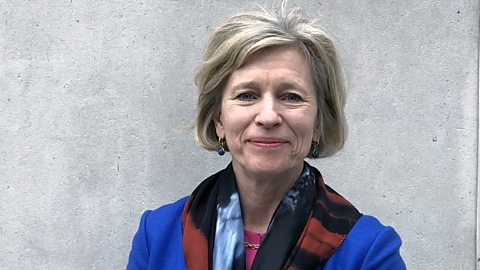
Witness History. How meditation changes your brain. Audio, 9 minutes
In 2002, a landmark study on Buddhist monks showed that meditation can alter the brain.
- AttributionґуПуґ«ГЅ World Service
- Available for over a year
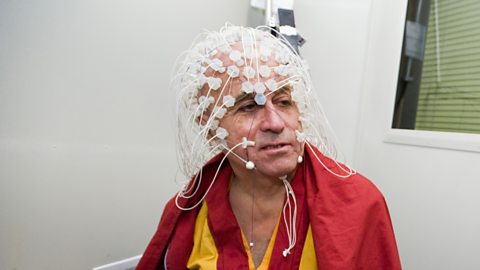
- Attribution
- Posted15 February 2020
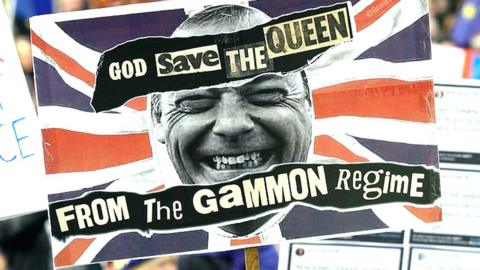
Science In Action. Australia’s extreme fire season. Audio, 27 minutes
2019 was Australia’s hottest year on record, a major factor behind the continued bushfires
- AttributionґуПуґ«ГЅ World Service
- Available for over a year

Fidget on Four. Audio, 28 minutes
Dr Kat Arney examines the potential health benefits of jiggling and doodling.
- AttributionґуПуґ«ГЅ Radio 4
- Available for over a year
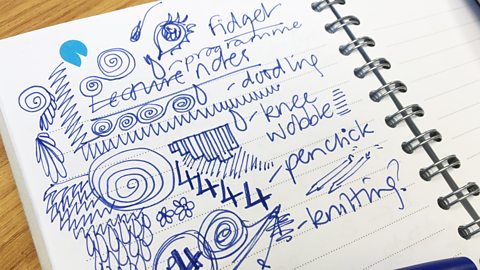
Don’t Tell Me The Score. Walking: Professor Shane O'Mara. Audio, 55 minutes
How walking more will boost your brain, body and creativity with professor Shane O'Mara
- AttributionґуПуґ«ГЅ Radio 4
- Available for over a year
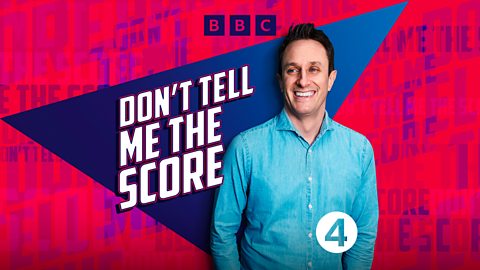
Witness History. The 'Awakenings' medical experiment. Audio, 9 minutes
In the 1960s a new drug briefly woke up patients who'd been catatonic for decades.
- AttributionґуПуґ«ГЅ World Service
- Available for over a year
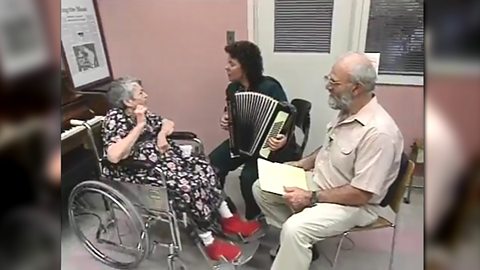
Desert Island Discs. Professor Russell Foster, professor of circadian neuroscience. Audio, 42 minutes
Professor Russell Foster shares the soundtrack of his life with Lauren Laverne
- AttributionґуПуґ«ГЅ Radio 4
- Available for over a year
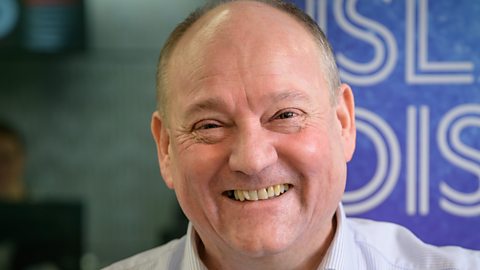
Boys' toys. Girls' toys. Should toys just be toys? ґуПуґ«ГЅ Ideas. Video, 00:05:25
Sparkles for girls. Diggers for boys. Should toys just be toys?
- AttributionґуПуґ«ГЅ
- Posted4 December 2019
Curious Cases. Rutherford and Fry, The Heart of the Antimatter. Audio, 32 minutes
How do you make antimatter? Science sleuths Drs Rutherford and Fry investigate.
- AttributionґуПуґ«ГЅ Radio 4
- Available for over a year
The Life Scientific. Elizabeth Fisher on chromosomes in mice and men. Audio, 28 minutes
Elizabeth Fisher on studying chromosomal abnormalities in mice and men
- AttributionґуПуґ«ГЅ Radio 4
- Available for over a year
CrowdScience. Can my stutter be cured? Audio, 34 minutes
Most of us take speaking for granted, but for Breeda it has been a lifelong struggle
- AttributionґуПуґ«ГЅ World Service
- Unavailable
The Why Factor. Why are we conscious of so little? Audio, 24 minutes
Why are humans conscious of so little of what goes on around us?
- AttributionґуПуґ«ГЅ World Service
- Available for over a year
The Life Scientific. Adrian Owen on scanning for awareness in the injured brain. Audio, 29 minutes
Adrian Owen tells Jim Al-Khalili about his search for awareness in brain-injured patients.
- AttributionґуПуґ«ГЅ Radio 4
- Available for over a year
- Attribution
- Posted16 October 2019
The Science of Addiction. Audio, 28 minutes
Sally Marlow turns to science to find out why so many people in Britain are addicted.
- AttributionґуПуґ«ГЅ Radio 4
- Available for over a year
- Attribution
- Posted5 September 2019
GrownUpLand. 44. The Brain. Audio, 41 minutes
It's the squishy thing in our head that makes us do brilliant (and stupid) things
- AttributionґуПуґ«ГЅ Radio 4
- Available for over a year
Discovery. Irene Tracey on pain in the brain. Audio, 27 minutes
Irene Tracey tells Jim Al-Khalili how imaging the brain reveals how and why we feel pain.
- AttributionґуПуґ«ГЅ World Service
- Available for over a year
Naturebang. Parasites and Personality. Audio, 15 minutes
Who controls your thoughts and actions? You? Or the things that live inside you?
- AttributionґуПуґ«ГЅ Radio 4
- Available for over a year
Discovery. Why do we get dГ©jГ vu? Audio, 26 minutes
4/6 Plus is anything really random?
- AttributionґуПуґ«ГЅ World Service
- Available for over a year
Destiny and the Brain. Audio, 28 minutes
Hannah Critchlow on the latest brain research and what it tells us about free will.
- AttributionґуПуґ«ГЅ Radio 4
- Available for over a year
Can playing PokГ©mon rewire your brain? Newshour. Audio, 00:02:30
Gamers have developed a unique cluster of brain cells that recognise PokГ©mon characters
- AttributionґуПуґ«ГЅ
- Posted7 May 2019
Science In Action. Turning brain waves into speech. Audio, 27 minutes
Analysis of neural activity associated with talking allows scientists to reproduce speech.
- AttributionґуПуґ«ГЅ World Service
- Available for over a year